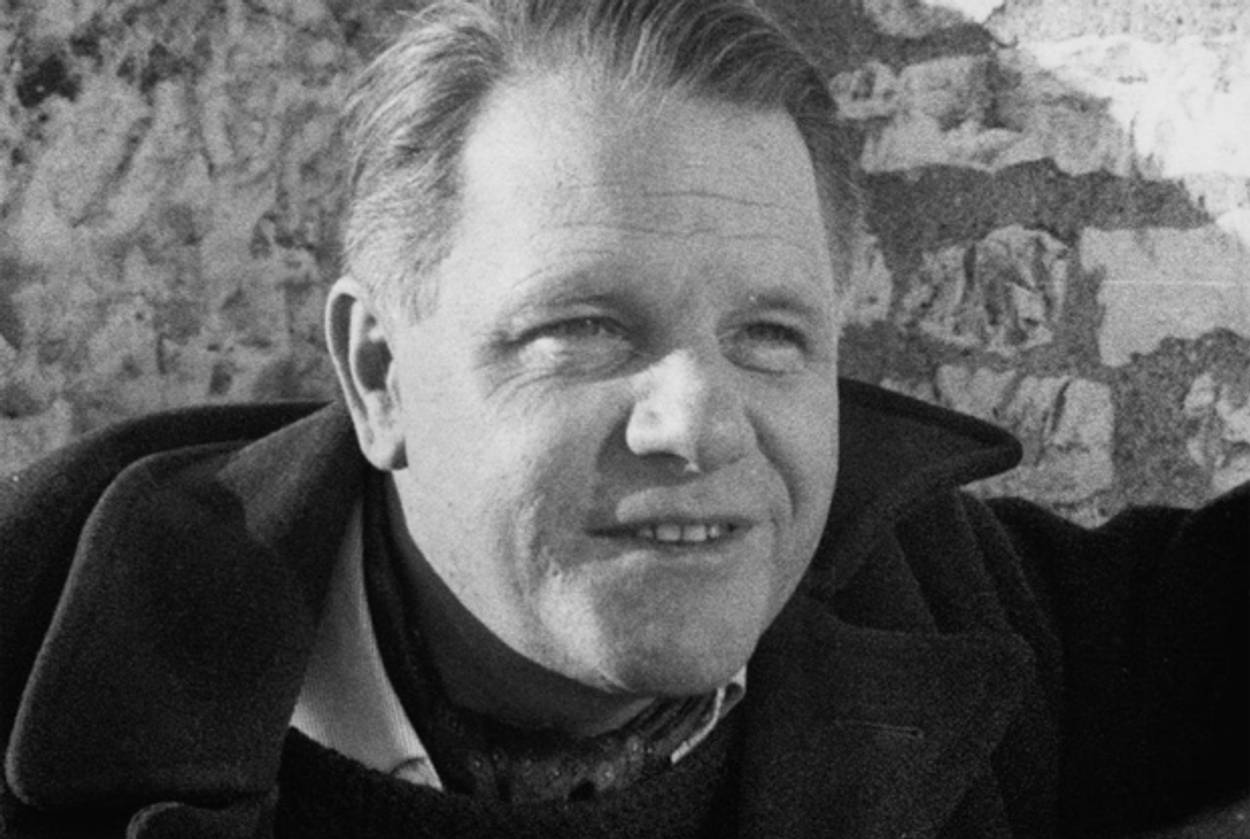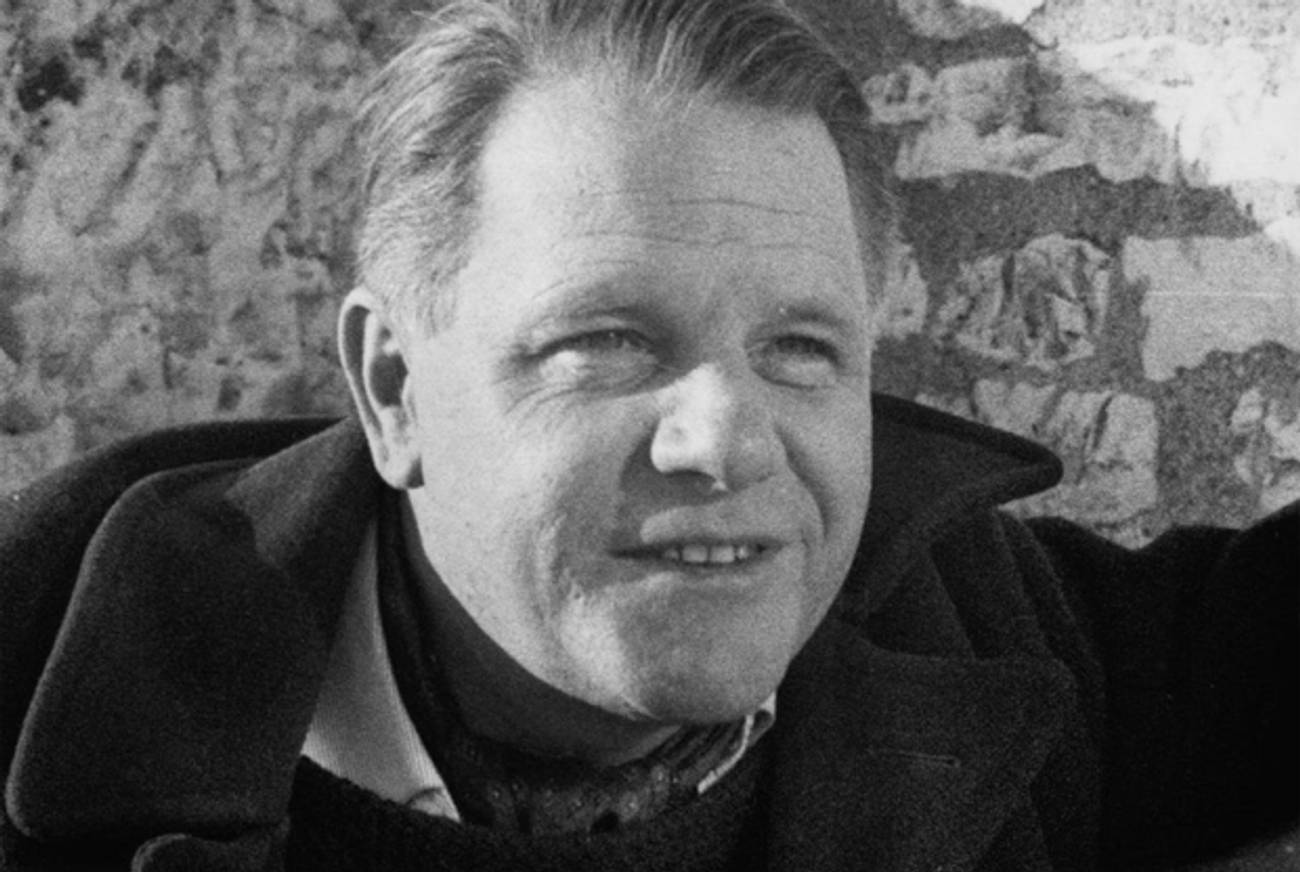Justine, Lawrence Durrell (1957)
A love triangle and a literary quartet




Once upon a time, Alexandria was a city where Jews and Christians and Muslims enjoyed casual friendships, passionate love affairs, even marriages. No one captured that cosmopolitan world—now completely gone—better than Lawrence Durrell in his majestic Alexandria Quartet, and it seems completely natural somehow that the heroine of his eponymous novel, the beautiful, mysterious, tortured Justine, would be Jewish. Other than studying the Kabbalah, Justine is not a practicing Jew—and she is married to a Coptic Christian. But her essence is Jewish—neurotic, anxious, introspective, and self-critical to a fault. She is also intensely alluring—a master seductress, one who has left a trail of anguished men in her wake. She has a shadowy past, and there are hints of extreme poverty and abuse in her youth, including the suggestion that she was raped by a relative. Nothing is clear about her: Men who fall in love with her find her fascinating precisely because there is so much that she keeps secret, even as she drops tantalizing hints. In the same way that the narrator is on a quest to understand Justine, so are we: The book evokes a strange longing for a place or a person we love in spite of their flaws, even as they frustrate and elude us.
Lucette Lagnado, author of two books about her Egyptian-Jewish family, is at work on a memoir of the Jews of Arab countries titled And Then There Were None, to be published by Nextbook Press/Schocken Books.